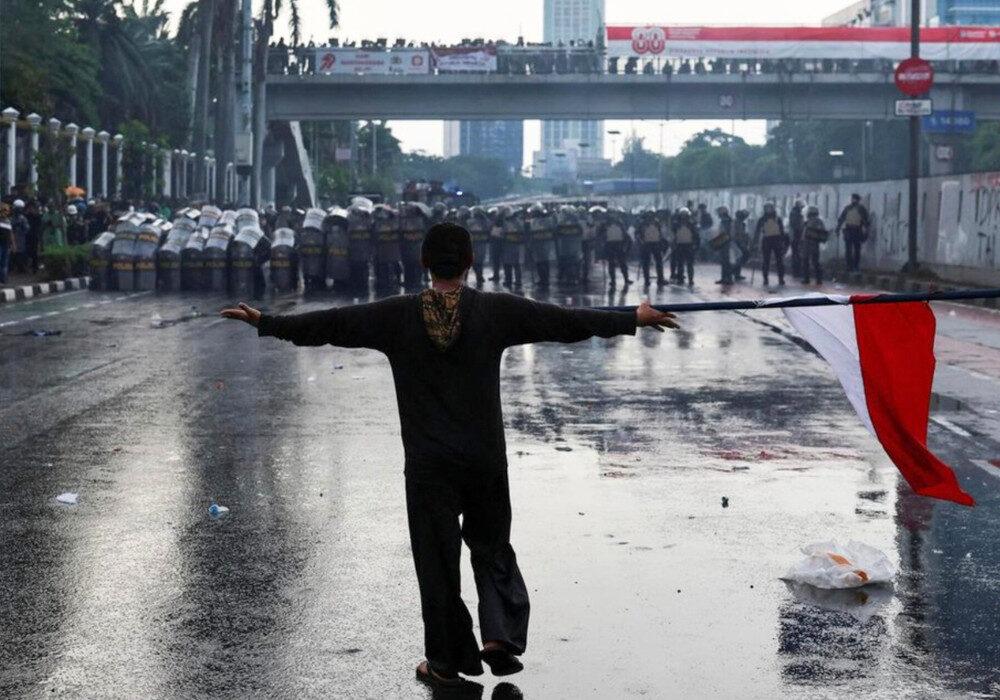Disclaimer: The following contains descriptions of real-life violence and may be distressing to some readers.
Jakarta has been gripped by some of the most intense protests the city has seen in years, with tens of thousands taking to the streets to voice frustration over economic hardships, political corruption, and social inequality. The unrest took a tragic turn when 21-year-old ride-share driver Affan Kurniawan was fatally struck by an armoured police vehicle during a crackdown – a moment that ignited public outrage and sent shockwaves across the nation.
Read More: How Did This Get Approved? Swatch Pulls ‘Slanted Eye’ Ad After Major Backlash
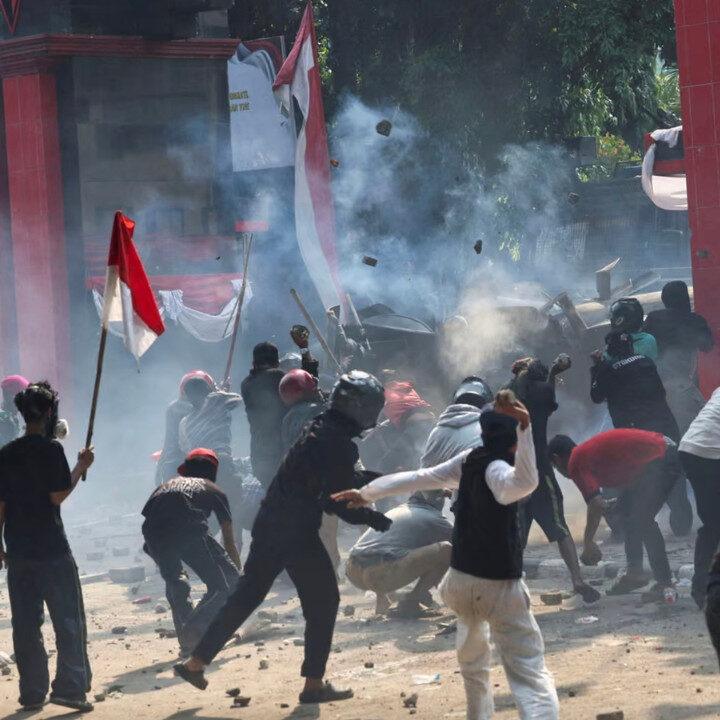
A City In Uproar: What Sparked The Fire?
Mounting unease spilled into the streets as soaring fuel prices and inflation squeezed household budgets, leaving many Indonesians struggling to make ends meet on stagnant wages. Anger deepened when lawmakers pushed through a controversial bill granting themselves lavish housing perks, while the widely criticised job creation law — seen as eroding workers’ rights — galvanised students, labour unions, and activists into action.
Protests first flared on 25 August, but tensions reached breaking point three days later when thousands massed outside the House of Representatives in Jakarta. Attempts by students to scale the parliament fence and hurl objects were met with tear gas and water cannons, igniting chaos. Demonstrators blocked major roads, snarled transport, and clashed with police, with confrontations spilling into nearby malls, expressways, and train stations.
Amid the turmoil came a tragedy that electrified public outrage. Twenty-one-year-old ride-share driver Affan Kurniawan was caught in the unrest while completing a delivery. Viral footage appeared to show a police tactical vehicle striking him and continuing to drive on, a moment that not only claimed his life but also intensified distrust of Indonesia’s security forces.
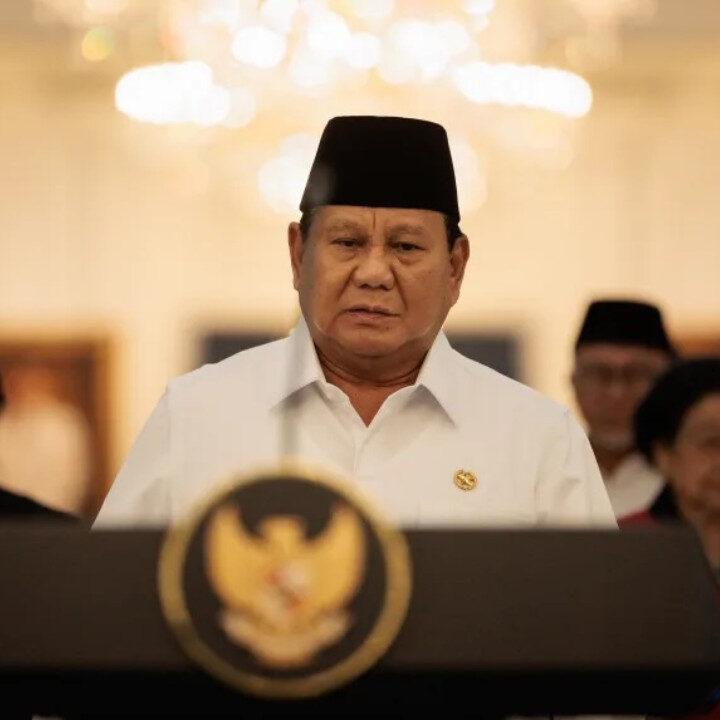
Government Concessions Amid Crisis
Facing mounting pressure, President Prabowo Subianto announced sweeping steps to calm unrest. Controversial financial perks for parliamentarians – including a 50 million rupiah monthly housing allowance, ten times Jakarta’s minimum wage – were scrapped overnight. Prabowo also vowed to scale back presidential privileges and review contentious laws, signalling a readiness to reform.
Yet alongside these moves, Prabowo stressed the need to maintain public order and denounced what he called destructive acts. In line with his remarks, authorities deployed riot police, heavy vehicles, and increased security checkpoints across Jakarta ahead of planned demonstrations – highlighting a firm stance against violence.
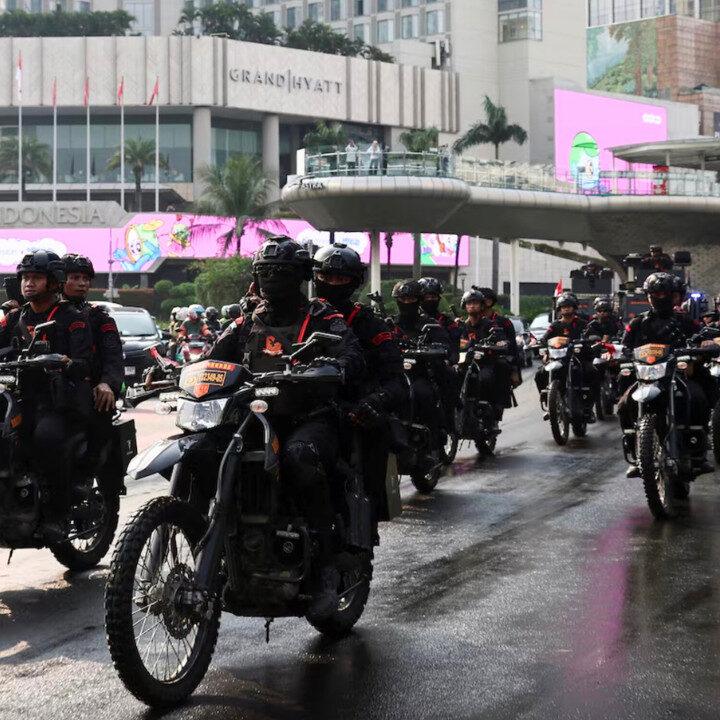
Scenes From The Frontlines
Protests turned Jakarta’s Merdeka Square and the National Monument into a sea of demonstrators demanding justice and economic relief. Makeshift barricades blocked key roads, while clashes with heavily armed Mobile Brigade (Brimob) forces intensified.
What began in Jakarta quickly spilled outward: Surabaya, Medan, and Banda Aceh saw marches turn into fires, looting, and attacks on government offices. Several parliament-linked homes were also targetted. Hospitals struggled with the surge of injured, many caught between police operations and street clashes. Human rights groups denounced what they described as disproportionate crackdowns, further fuelling scrutiny of the authorities’ response.
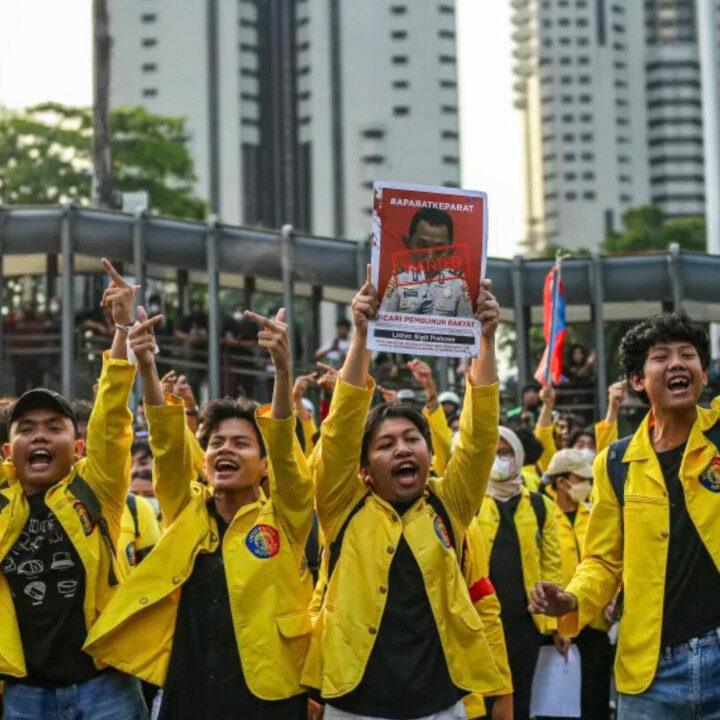
What’s Next For Jakarta?
After nearly a week of unrest, at least six deaths had been confirmed by 1 September in connection with protest violence across Indonesia. Major student and civil society groups have now called off Monday’s demonstrations – citing heightened security and a desire to prevent further bloodshed.
This pause is tactical rather than a retreat. Activists continue to demand sweeping reforms, from police accountability – including the removal of National Police chief Listyo Sigit Prabowo – to systemic changes aimed at greater economic fairness.
Beyond Jakarta, international observers are watching closely – even as platforms like TikTok temporarily suspend their ‘live’ feature in the country – while Indonesia’s government faces growing pressure to turn symbolic gestures into meaningful change. The balance between security and democratic freedoms remains fragile as the nation grapples with deepening social divisions.
For now, Jakarta’s streets may quieten, but beneath the surface, the call for justice and reform grows louder than ever.
Born in Korea and raised in Hong Kong, Min Ji has combined her degree in anthropology and creative writing with her passion for going on unsolicited tangents as an editor at Friday Club. In between watching an endless amount of movies, she enjoys trying new cocktails and pastas while occasionally snapping a few pictures.

